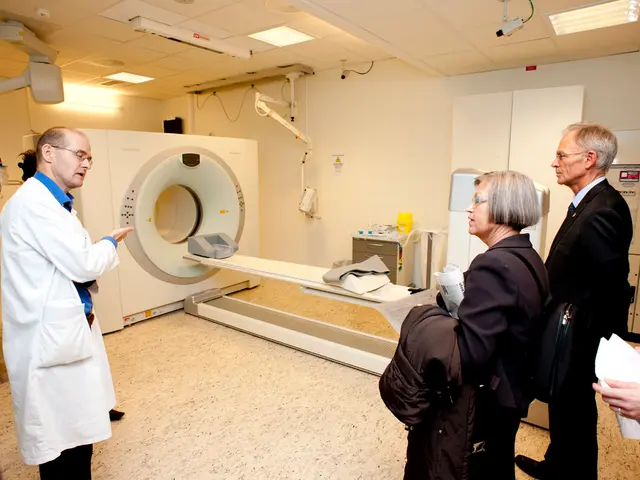Debating Organ Donation: Advantages of Opt-In and Opt-Out Approaches
In the global landscape, the approach to organ donation differs significantly among countries, with the debate centering around opt-in and opt-out systems. In an opt-in system, individuals have to actively sign up to be organ donors postmortem. On the other hand, an opt-out system involves organ donation by default, unless a specific request is made to opt out before death.
Researchers from the UK, hailing from the University of Nottingham, University of Stirling, and Northumbria University, took a deep dive into the organ donation protocols of 48 nations over a span of 13 years. Their findings? Opt-out systems seemed to yield higher numbers of donated organs, particularly kidneys - the primary organ in high demand among those on the transplant list.
Although opt-in systems had a higher rate of kidney donations from living donors, the researchers pointed out that this observation hadn't been reported before and requires further analysis. They admit that their study had limitations, as it did not take into account varying degrees of opt-out legislation or distinguish between countries requiring permission from next-of-kin for organ donation. Additionally, the observational nature of the study didn't account for other factors affecting organ donation rates.
As Professor Eamonn Ferguson, lead author from the University of Nottingham, puts it, "The results show that opt-out consent may lead to an increase in deceased donation but a reduction in living donation rates. Opt-out consent is also associated with an increase in the total number of livers and kidneys transplanted."
Future research could delve into the individual perspectives and beliefs about consent for organ donation, using both survey and experimental methods, to develop a more comprehensive understanding of the topic. Yet, even with opt-out systems, countries still grapple with donor shortages. Professors suggest that modifications to consent legislation or adopting aspects of the "Spanish Model," known for its high organ donation rates, could help improve donor rates.
The Spanish Model's success is attributed to an extensive transplant coordination network operating at both local and national levels, as well as the provision of high-quality information about organ donation to the public.
Some contemplate whether farming animal organs for human transplants could be a solution to the organ shortage. However, it's essential to consider whether addressing the organ shortage issue lies in refining organ donation policies or exploring other alternatives like xenotransplantation.
- The study conducted by researchers from the University of Nottingham, University of Stirling, and Northumbria University found that opt-out systems for organ donation tend to result in higher numbers of donated organs, particularly kidneys.
- Although opt-in systems have a higher rate of kidney donations from living donors, the researchers noted that this observation should be further analyzed and not considered conclusive.
- Acknowledging the limitations of their study, the researchers did not account for varying degrees of opt-out legislation and failed to distinguish between countries requiring permission from next-of-kin for organ donation.
- Professor Eamonn Ferguson, lead author from the University of Nottingham, stated that opt-out consent may lead to an increase in deceased donation but a reduction in living donation rates, as well as an increase in the total number of livers and kidneys transplanted.
- To address the ongoing issue of donor shortages, future research may focus on individual perspectives and beliefs about consent for organ donation, and consider modifications to consent legislation or adopting aspects of the "Spanish Model" to improve donor rates.







